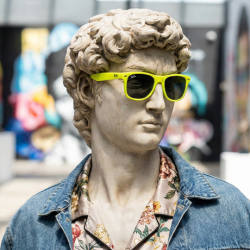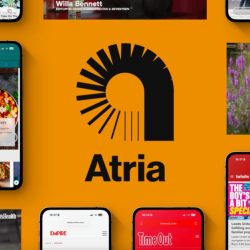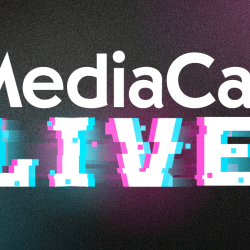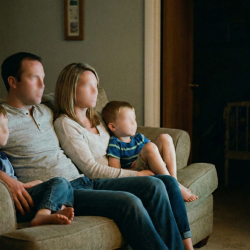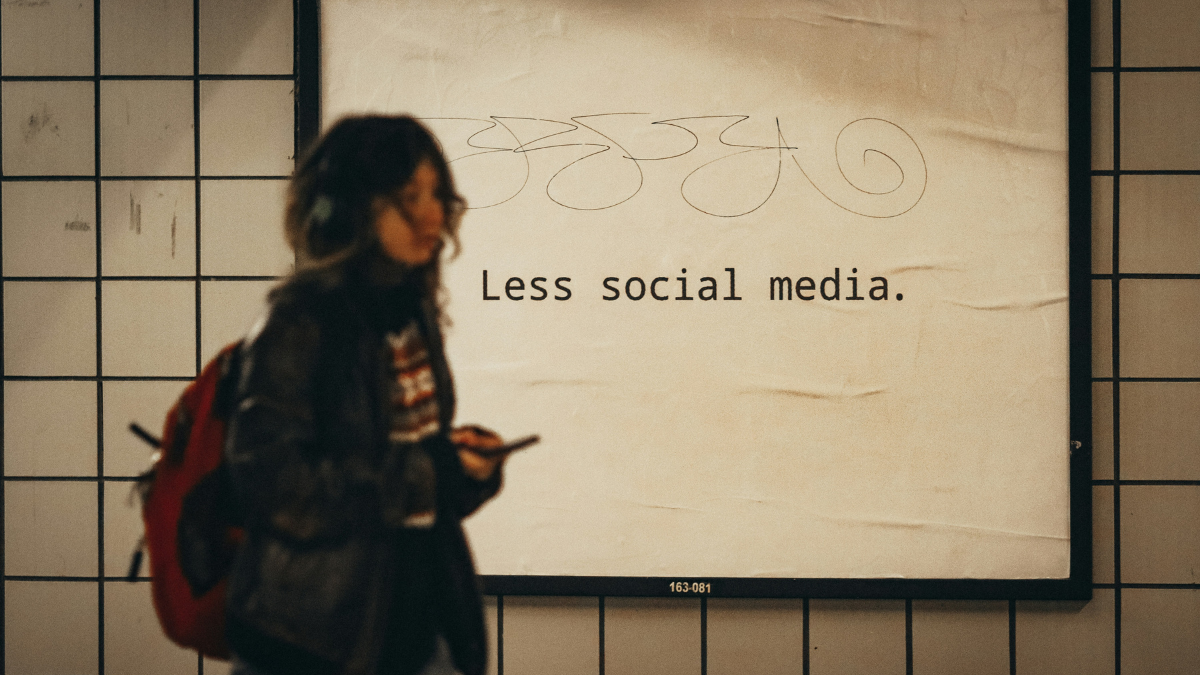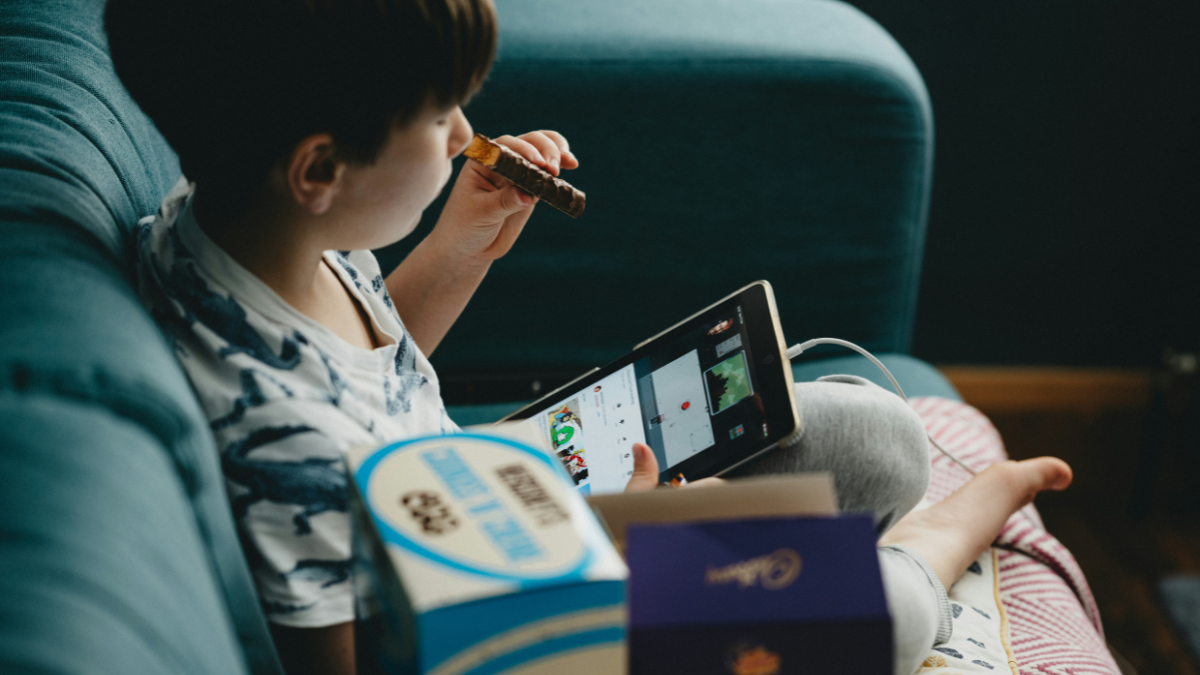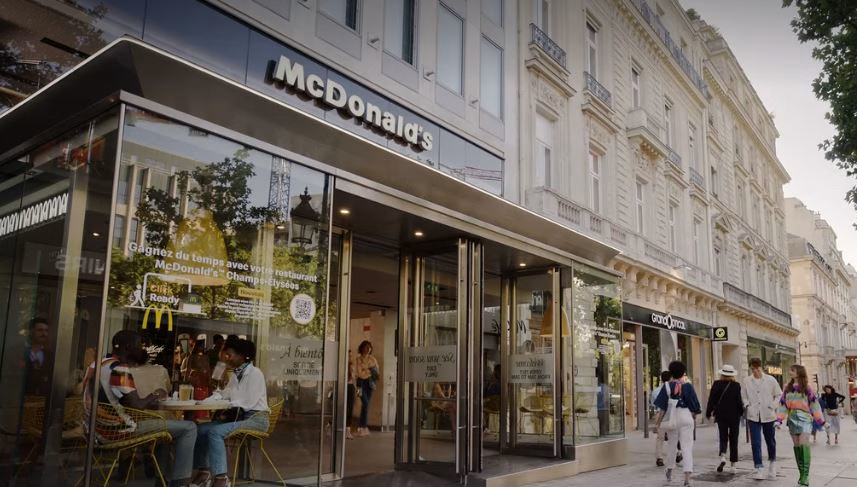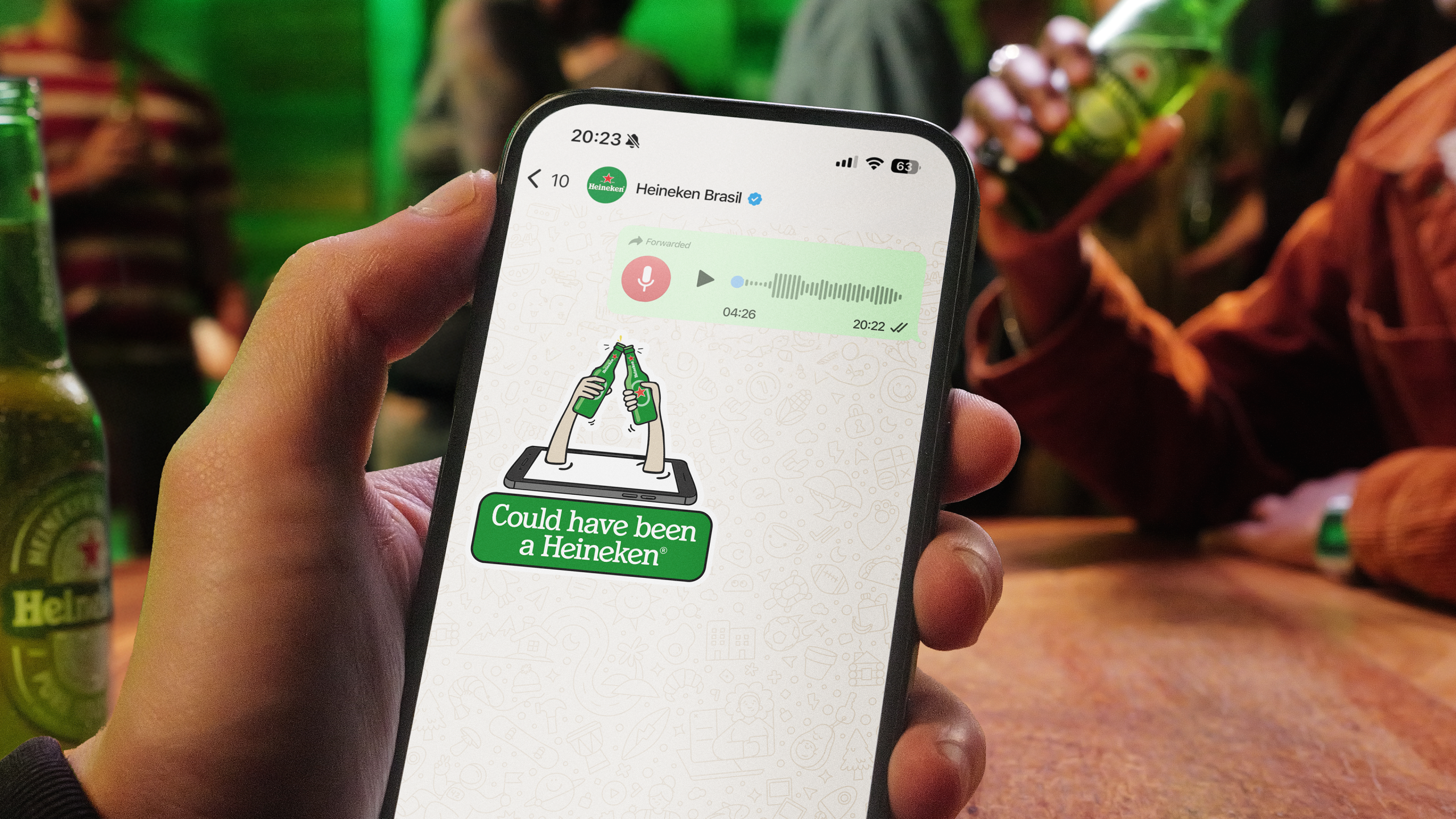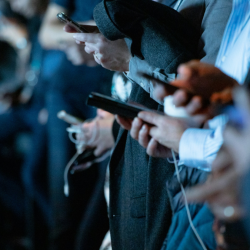Unilever announced last month that it will work with ‘20 times more influencers’ and increase its spend on social media from 30% to 50%. Shortly after, an RTL report found that only 23% of people would trust an ad from an unknown brand on TikTok. Why then are brands throwing their money at social media and creators?
Rachel Cone-Gorham, who has worked as the vice president of strategy and brand marketing at Barker for over seven years, spoke to MediaCat about this apparent contradiction, and why she believes the next era of marketing might be about earning belief instead of grabbing attention.
Why are consumers losing trust in social media?
I don’t think people are losing trust in each other. They’re losing trust in the systems that mediate our conversations.
What made social media powerful in the first place was the ‘social’ part — we owned it. It was about connection, sharing, identity, community. But when that starts to feel like a storefront more than a gathering place, something shifts. Even content that looks organic might have an affiliate link buried in it. That ambient pressure to always monetise, in all formats — it changes how we experience the platform. It makes everything feel like it comes with a price tag.
Platforms like TikTok have taken this to the extreme. It’s still compelling, but it’s not really social anymore. We’re not keeping in touch, we’re not sharing our lives — we’re consuming. We’re watching creators, being entertained, shopping. It’s algorithmic television with a buy button.
You can see the fatigue in how people are responding — de-influencing trends, Gen Z’s flirtation with flip phones, even the rise of ‘no social’ months. It’s not a rejection of digital life. It’s a search for something that feels less transactional.
If consumers are losing trust in social media, then why are marketers putting their money in creators? Do you think this is a smart move?
Creators are still very powerful partners for brands; however, it depends on how brands are investing.
Social still works. In fact, it still has flashes of what made it such a powerful brand-building space to begin with — community, participation, emotional momentum. But it only works when brands make intentional choices. When they invest in creators who actually align with their values, when there’s shared ethos, when the product is part of a larger conversation — not just a bolt-on sale — that’s when magic happens.
We’re past the era where reach alone matters. This isn’t about finding the loudest influencer or whoever has the biggest following. It’s about fit. Trust. Relevance. The smart brands know that creators aren’t just media channels, they’re cultural filters. And when you find the right one, you’re not just borrowing attention — you’re participating in belief.
On LinkedIn, you shared that consumers are not tired of influencers but of the noise they create. Can you share some examples that support this?
Yeah, people aren’t anti-influence. They’re just tired of the performative, product-pushing, aesthetic-over-substance cycle that now defines so much of influencer culture.
We’re living in this messy middle where everything looks sort of real, sort of helpful, sort of honest, but it’s all wrapped in a transaction. And at a certain point, that erodes the whole premise of trust.
I had this moment recently — I was deep in wellness TikTok, looking into oil of oregano. One creator claimed to be a 10-year Ayurvedic student, and she had a link to a supplement brand. I clicked through, started digging, and realised there was no real substance behind her credentials, just a well-curated feed and a bunch of other ‘expert takes’ that felt more like sales pitches in disguise. Every one of her videos was linked to a different product for sale. I don’t think she was doing anything malicious — she saw an opportunity and took it. But as a consumer and a strategist, it reminded me how exhausting it is to keep decoding everything. If it’s this hard for me — and this is literally my job — imagine how most people feel.
So when I say people are tired of the noise, I mean they’re tired of having to figure out who’s real. They still want insight, discovery, people they trust, entertainment. But they want it with more transparency. Less polish. More grounded authority.
Why do you think the next era of marketing is about ‘earning belief’ rather than grabbing attention?
Because attention is everywhere and cheap, but belief is rare and it’s what actually moves people.
We’ve spent the last decade optimising for visibility. Scrolls, impressions, reach. But what’s visible isn’t always what’s valuable, and consumers are starting to feel that. They’re not just asking, ‘What’s trending?’ They’re asking, ‘What do I trust? What feels aligned with how I actually want to live?’
I think we’re moving from the attention economy into something deeper — what I call the awakening economy. It’s this cultural shift where people are reclaiming agency over their health, their values, their time. They’re more intentional. More skeptical. And more focused on meaning. People don’t want more content. They want clarity. They’re scanning for signals they can trust. Plus social proof.
This is backed by what we’re seeing in trust data, too. The Edelman Trust Barometer shows that trust in platforms is falling, while trust in individuals and ‘people like me’ is rising. And Nielsen’s Trust in Advertising consistently finds that real voices — friends, experts, creators — are more trusted than traditional advertising.
So yes, attention still matters. But it’s not the whole story. Belief is what actually builds a brand — and you earn that through clarity, consistency, and care.
Featured image: Jon Tyson / Unsplash


